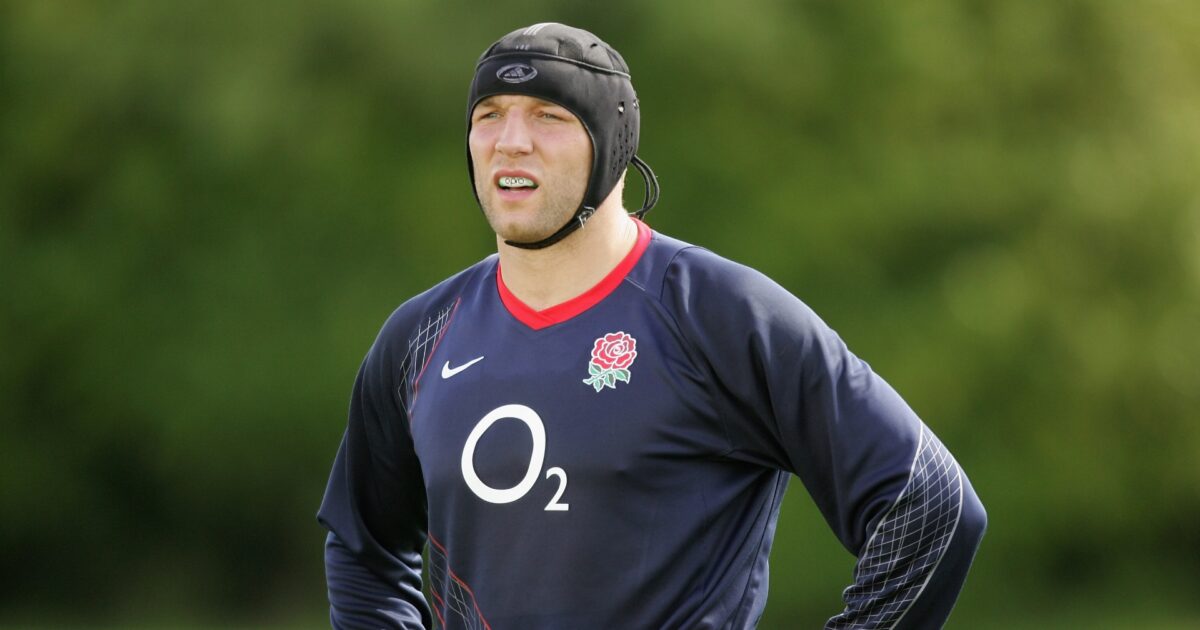Ex-England lock Ben Kay joins ruckus over fans not allowed attend UK games

England World Cup winner Ben Kay is the latest figure in the rugby world to send a message to UK Prime Minister Boris Johnson on Twitter regarding the recent decision to delay the return of fans to sports stadiums.
The former lock and current pundit directed a message to Johnson, the Government Department for Digital, Culture, Media and Sport, as well as the Minister for Sport, Tourism and Heritage, Nigel Huddleston.
Kay expressed his disappointment in the decision to delay the initial plan for the reintroduction of fans into stadiums from October to potentially 2021.
He wrote: “Disappointing that there seems to have been so little consultation with government and sport regarding the decision around pausing the return to crowds trials. A lot of time and money has been spent on planning to ensure safe, social distancing measures.”
Kay then proceeded to outline the measures that could be taken to ensure stadiums are Covid-friendly: “If we limited to 1/3 capacity and had a maximum attendance of say 8,000 at any event, could there not be a council-appointed Covid warden who sits in the crowd safety and security box at stadia and monitors and assesses social distancing?
https://twitter.com/benkay5/status/1309419647738032129
“Everyone in the ground has to keep two metres and wear a face mask. Alcohol gel stations and the temperature is taken on the way in. Club stewards could immediately eject anyone not abiding and Covid marshal could have the power to revoke the club’s ‘licence for crowds’.”
Since the announcement was made by the government this week, figures from across the game have warned of the potentially catastrophic consequences should stadiums remain empty for a further six months.
Gloucester CEO Lance Bradley released a statement on Thursday detailing the ramifications of this decision. This comes less than two weeks after the club successfully welcomed 1,000 fans to Kingsholm for their match against Harlequins.
He said: “We heavily rely on the income from match days and to go without it for an additional six months will be devastating. We also recognise how important it is for you to be able to watch your team, and how difficult it would be to go for another six months unable to do so.”
Kay finished his message by saying that fans in stadiums would be prudent, knowing that clubs are so dependent on them for their survival. He said: “Think the overwhelming majority of crowds would self-police with the knowledge that lack of adherence would result in the stadium shutting down and potentially club going out of business.
“I know there is an issue of crowd travel and outside stadium control but with only 1/3 capacity of a usual event and maximum of 8,000 surely this is manageable and as safe as keeping indoor social gathering venues open.”
Kay’s BT Sport colleague Ugo Monye also addressed Prime Minister Johnson on Twitter this week.
There will never be another Twickers prawn sandwich for BoJo if Ugo gets his way ?https://t.co/2CdGUZ3Xpw
— RugbyPass (@RugbyPass) September 24, 2020





























